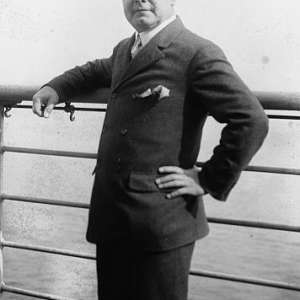
The stigmata, it seems, have never given up the ghost and faded into the oblivion of ostensibly antiquated religious experience. Nor has this subject, whether in the hands of theologians, psychologists, authors of popular spiritual literature, or even crafters of detective fiction, lost all its macabre appeal. An appreciable body of scholarly literature has explored various aspects of this phenomenon which by no means is limited to Christians of supposedly intense religious fervour. Cases of Muslim ascetics, for example, have been recorded in which they bear wounds purportedly analogous to those incurred by the prophet Mohamed in battle. Rarely, however, has stigmatisation found its way into the lyric theatre, despite its considerable thematic and emotional potential. On the other hand, to cite but one relatively recent manifestation in popular culture, the supernatural horror film of 1999, Stigmata, attracted relatively large audiences but met with severely critical reviews. As one film commentator in Washington put it, 'Stigmata doesn't need a critic; it needs an exorcist' (Hunter 1999: C1, C5).
One heralded instance of this topic's employment for artistic purposes is the opera The Saint of Bleecker Street by the eminent Italian-American composer Gian-Carlo Menotti. This work was lauded far more than it has been understood. Reviews of its première were generally enthusiastic. Within a fortnight of its initial performance, the New York Music Critics Circle named it the best opera of 1954. Subsequently, a parallel coterie, the New York Drama Critics Circle, bestowed on Menotti its annual prize for creating the best musical of that year. In May 1955 he was summoned to Columbia University to receive a prestigious Pulitzer Prize in the music category. To be sure, the work was much less warmly received in Europe. When Menotti took it to Italy in May 1955, its merely four performances had a mixed reception at the renowned La Scala Opera House in Milan, where there were reportedly twenty-five curtain calls but also considerable 'derisive whistling' at its European première.










































